Sick and Tired of Feeling Tired?
Posted on November 30, 2019 by Al Zipperle
Do you struggle with feeling tired all the time, or even a lot? Do you have a sense that you are running on empty or nearly empty as you go about fulfilling your daily responsibilities? Do you wish you had more energy? Are you sick and tired of feeling tired?
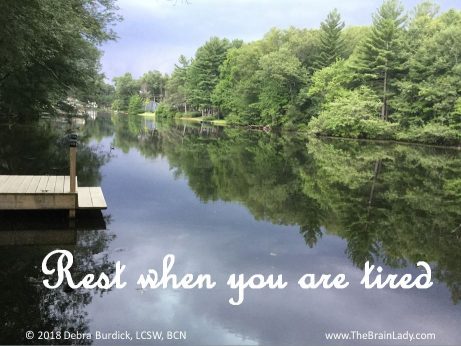 I had to learn some very important things about preventing and managing fatigue during the 15 years I had Fibromyalgia and chronic fatigue and was very tired all the time. Because of my nature and because I didn’t know any better, I pushed myself to work, parent, and do chores even when I was exhausted – until I simply couldn’t do anymore. I might have recovered faster had I known then what I know now.
I had to learn some very important things about preventing and managing fatigue during the 15 years I had Fibromyalgia and chronic fatigue and was very tired all the time. Because of my nature and because I didn’t know any better, I pushed myself to work, parent, and do chores even when I was exhausted – until I simply couldn’t do anymore. I might have recovered faster had I known then what I know now.
Here are some steps I learned that you can take to deal with and prevent fatigue and hopefully get re-energized.
1. Rule out or address medical causes of fatigue
Make sure you don’t have any medical reason why you are so tired. Talk to your doctor about your fatigue. Get some blood work and other tests the doctor recommends to rule out common medical causes for your fatigue.
If a medical cause is found, be sure to follow your doctor’s recommended treatment. Whether or not a medical cause is found, do steps 2 – 7 below.
2. Are you getting enough sleep?
Many people today are sleep deprived. How much sleep makes you feel the best? Most need 7-8 hours per night and some even need 9 hours to feel their best, although there are a few lucky people who thrive on 6 hours. But that is not the norm. Studies show decreases in such things as response time and effectiveness when someone sleeps less than 6 hours per night.
Figure out how much sleep you need. Then set up a bedtime for yourself and go to bed and get up at the same time every day. This will help set your biological clock and help you get enough sleep routinely.
3. Lighten the load
Are you trying to do too much? Are you forgetting to take care of yourself before you take care of everything and everybody else?
Look at your schedule and do whatever possible to unload your overloaded plate of things to do. Learn to say “no” when asked to do something that will put unnecessary things back on your plate or overload your schedule. Ask for help when you need it. Even your boss needs you to let them know when he or she has given you too much work as they often just keep assigning work to you as long as you keep taking it.
Stop doing things that drain you. Are you trying to do a task that you are simply not interested in or passionate about? Is there a task the drains your energy just thinking about it? Limit and eventually eliminate these kinds of tasks and replace them with things your love to do and that energize you.
4. Rest when you are tired.
An essential tidbit of wisdom which I follow better now than I did back then is “Rest when you are tired”.
This sounds like a no-brainer but as simple as it sounds, it can be very hard to do. We get caught up in meeting all the demands placed on us. We work longer hours, stay up late doing chores, and just keep going like we think we are the Energizer Bunny. Until we can’t. We simply run out of steam.
What if you tuned into your tiredness level on a regular basis and when you noticed you were at a certain level you took it seriously and rested? What if you built time in your schedule to rest and rejuvenate on a regular basis to prevent getting tired in the first place. This might mean putting time to rest or meditate on your calendar before you fill it with other tasks. As Stephen Covey says you must sharpen the saw to keep it sharp. The same applies to you. You must take care of yourself to stay sharp and effective.
5. Deeply relax over and over again throughout the day
Set aside time to lie back, close your eyes, breathe deeply and completely relax, several times every day. Perhaps you can listen to a relaxation meditation on your phone. Even if you spend 5 minutes doing so a couple of times per day, you may notice the difference in your energy level. You will benefit even more if you can rest for 10-15 minutes. If you tend to fall asleep, set an alarm for a maximum of 20 minutes as any longer may cause you to feel groggy when you awake.
6. Stay hydrated
Pay attention to how much water or other liquid you drink during the day. Are you drinking enough to keep your urine pale yellow? Bright yellow or intense yellow urine may be a sign of dehydration. Remember, the brain is mostly water. And fatigue is a major symptom of dehydration.
If you forget to drink during the day, put a reminder on your calendar, or put a few sticky notes in strategic places to remind you. Bring water with you so it’s convenient to stay hydrated.
7. Move your body
Exercise is critical for overall health, brain function, sleep quality and energy level. Put time into your schedule to move your body even if it’s only for a 10 minute walk. Ideally try to exercise for at least 30 minutes 5 times per week. Walk, do Yoga, stretch, bicycle, swim… Choose something that you enjoy, is convenient and that you can commit to on a regular basis. Notice how much more energy you have after a brisk walk.
Incorporate these 7 steps into your life and see if you can avoid that sluggish, tired feeling altogether.
What other things help you avoid being tired?
I would love to hear your personal experiences with this topic.
Categories: ADHD, Anxiety, Articles, Chronic Illness, Depression, Mindfulness, Mindfulness for Health, Pain, Peak Performance, Self Regulation, Sleep, Stress
Tags: ADHD, anxiety, de-stress, depression, energy, evercome fatigue, exhausted, fatigue, Mindfulness, overwhelm, prevent fatigue, reduce stress, rest when tired, stress, stress management, Stress overload, tired

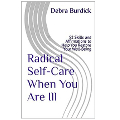

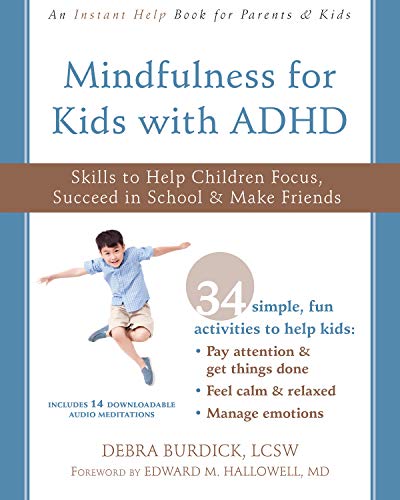
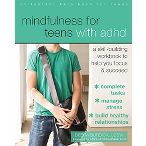
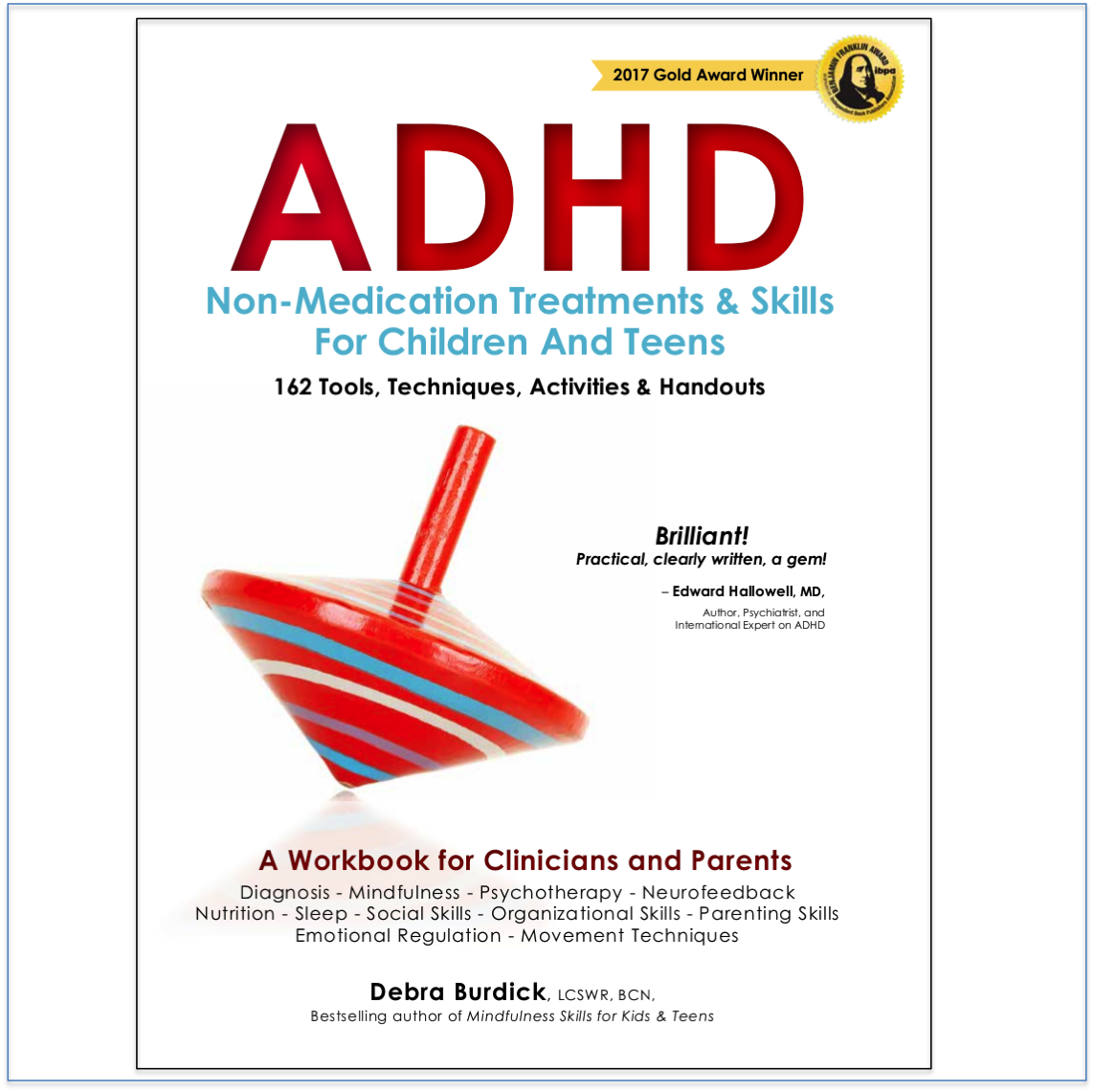
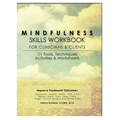
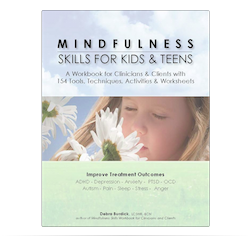
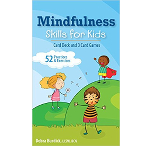
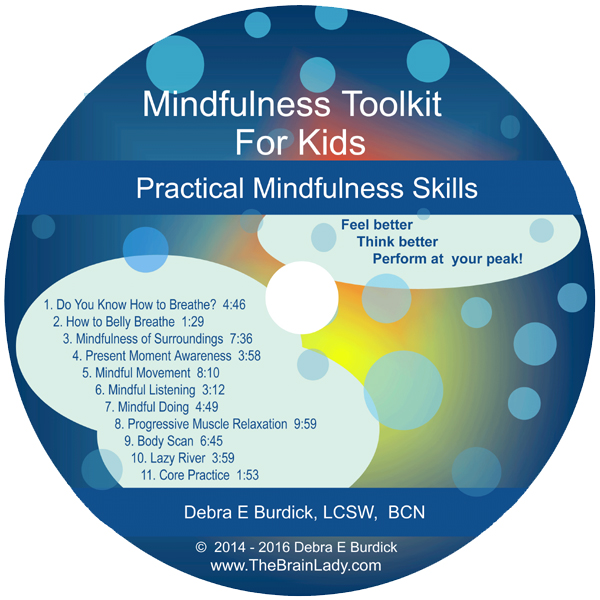
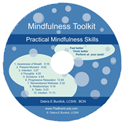
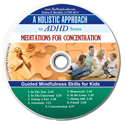
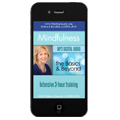
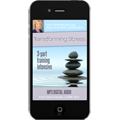
No comments yet. You should be kind and add one!
The comments are closed.